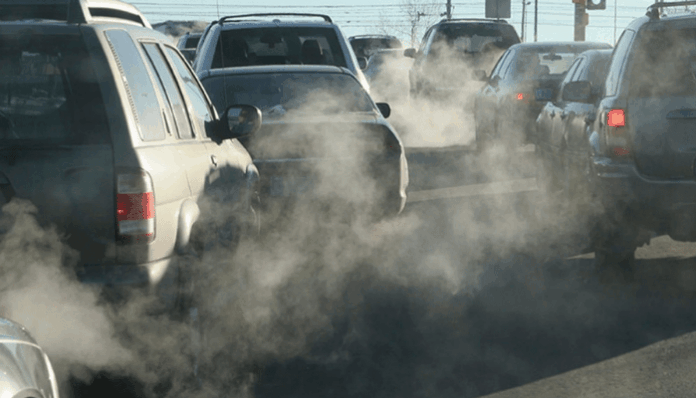The Environmental Health and Public Health Practitioners Association of Nigeria (EPHPAN) asserts that clean air is an indispensable prerequisite for a productive healthy nation.
The National President of EPHPAN, Dr Akingbehin Akinbodunwa, made the assertion at a lecture organised by EPHPAN to mark the 2025 World Environmental Health Day with the theme: ” Clean Air, Healthy People” on Monday in Lagos.
The News Agency of Nigeria (NAN) reports that World Environmental Health Day is celebrated annually on September 26, to raise awareness on the impact of environmental hazards on human health.
According to him, air pollution in Nigeria is not an abstract hazard; it is a major, quantifiable threat to life and productivity.
Akinbodunwa, a health environmentalist, said that national analyses showed that air pollution was the third leading risk factor for premature death in Nigeria in 2019; responsible for roughly 198,000 premature deaths that year.
He added that it caused more deaths than were caused by some familiar infectious diseases, saying that this burden reflects both outdoor (ambient) and household air pollution acting together to harm the citizens.
“In major urban areas the situation is even starker. For example, Lagos — our largest city and economic engine — had an estimated 23,900 premature deaths attributable to air pollution in 2019 alone.
“These are not nameless statistics; they are mothers, fathers, workers, students and children lost prematurely because the air around them was toxic.
“When our children breathe clean air, their brains and lungs develop; when our workers breathe clean air, they are healthier and more productive; when our aged individuals breathe clean air, they live longer, healthier lives.
“The data are clear: air pollution shortens lives and undermines our development goals,” he said.
Akinbodunwa explained that particulate matter with a diameter smaller than 2.5 micrometres (PM2.5) was the pollutant most strongly linked to mortality from heart disease, stroke, chronic lung disease, lung cancer and acute respiratory infections in children.
He said that Nigeria’s population-weighted average particulate pollution has increased over the past two decades — reported increases of about 24 per cent from 1999 to 2021; eroding life expectancy and worsening health across the country.
According to him, in many Nigerian cities and hotspots, short-term PM2.5 readings routinely exceed levels recommended by global health authorities.
He said, “For perspective, the World Health Organisation’s (WHO) updated air quality guidance places the annual safe level for PM2.5 at a very low threshold.
“Compliance with this guidance would protect millions of lives globally.
“The reality is that the vast majority of Nigerians are exposed to PM2.5 levels well above the WHO guidance, which translates directly into higher risks of cardiovascular and respiratory disease, adverse pregnancy outcomes, and lost childhood development.”
The environmental health analyst decried the economic implications of air pollution, saying that it imposes large health-care costs and reduces labour productivity — a double blow to families and to the nation’s development trajectory.
According to him, multiple sources feed Nigeria’s polluted air including vehicular emissions, inefficient combustion of biomass for cooking in households, open waste burning, diesel generators, industrial emissions, brick kilns and agricultural burning.
“Rapid urbanisation and increasing vehicle fleets without commensurate transport planning only magnify exposures; these sectors are where targeted policy and programmatic action will yield measurable health gains.
“Globally, fine particulate pollution (PM2.5) is estimated to contribute millions of deaths annually; nationally, the toll in Nigeria is already tragically high and rising,” Akinbodunwa said.
On measures needed to mitigate air pollution and safeguard Nigeria environment, Akinbodunwa recommended surveillance and data-driven action, household energy transition, cean transport and fuels, control of industrial and waste emissions.
Others are health system readiness and public education, as well as cross-sectoral governance and financing.
“Colleagues, policymakers and citizens, the task before us is large, but the tools and knowledge to reduce pollution and protect health are within our reach.
“Let this World Environmental Health Day mark a renewed, sustained and data-driven commitment: cleaner air for every Nigerian, and healthier people for our nation,” he said.




